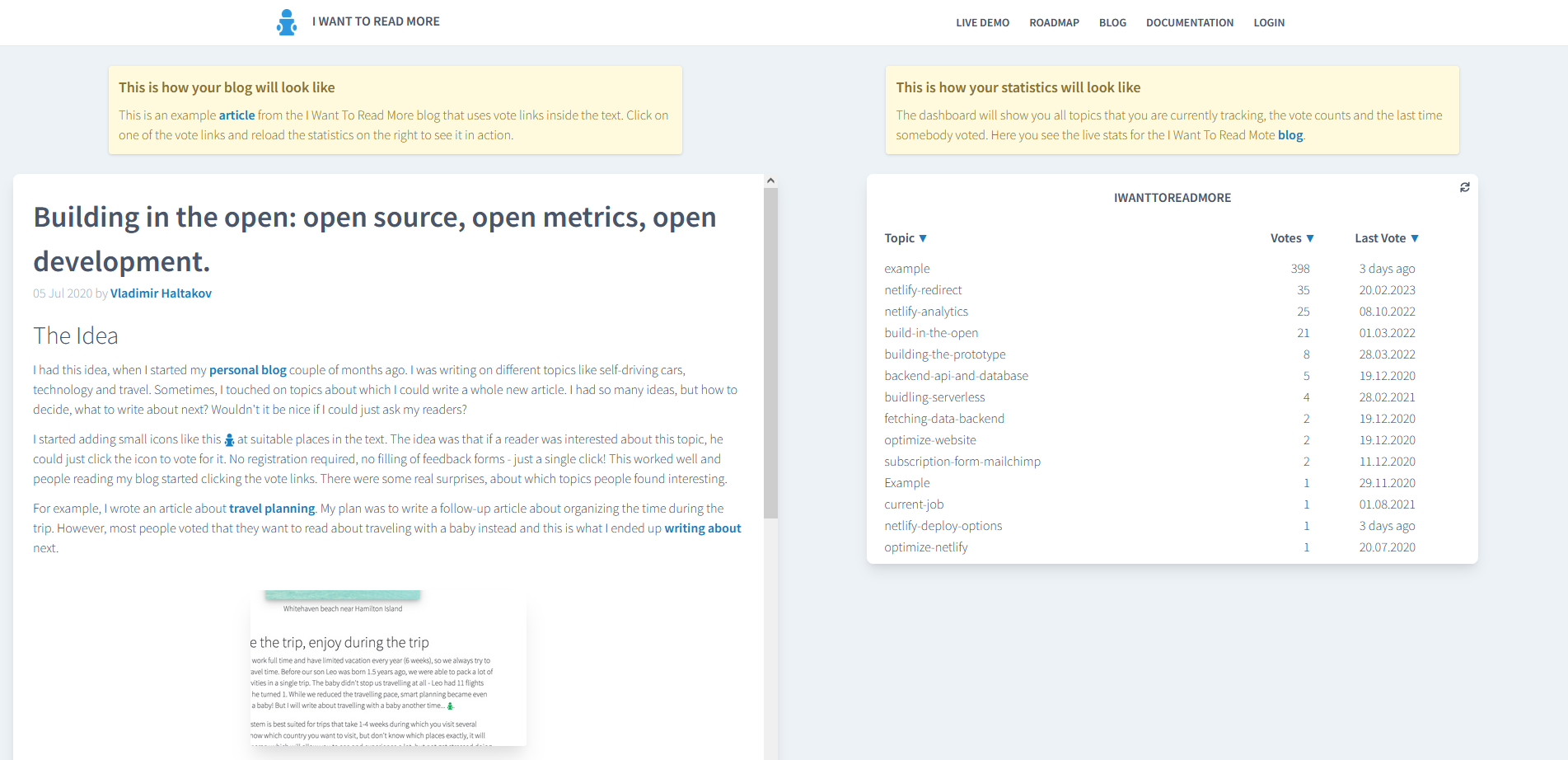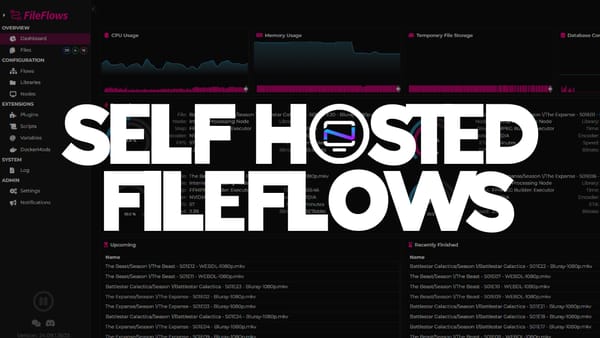3 Self-Hosted Static Site Generators for Blogging and Developers
Looking for a self-hosted static site generator? Here's 3 options to check out! 🚀

In recent years, there has been a growing trend towards self-hosted static blogs. Static blogs are generated from simple text files and HTML templates, with no need for a database or server-side processing. This makes them incredibly fast, secure, and easy to host. In this article, we will discuss three popular self-hosted static blog options: Hugo, Jekyll, and Pelican.
- Hugo:

Hugo is a popular static site generator that is fast, flexible, and easy to use. It is written in Go and has a simple, easy-to-use syntax. It has a large and active community, which means that you can find plenty of documentation and support online. One of the most notable features of Hugo is its speed. It is one of the fastest static site generators out there, making it an excellent choice for large blogs or sites with lots of content.
Hugo offers a wide range of themes, which can be customized to suit your needs. It also has a built-in server, which makes it easy to preview your site before publishing it. Additionally, Hugo has a wide range of plugins that can extend its functionality, making it even more powerful.
One of the downsides of Hugo is that it has a steeper learning curve than some of the other static site generators on this list. If you have no experience with Go or command-line tools, you may find it challenging to get started. However, once you get the hang of it, Hugo is a powerful and flexible tool that can help you create beautiful, fast-loading websites.
2. Jekyll:

Jekyll is a popular static site generator that is written in Ruby. It is one of the oldest and most widely used static site generators, with a large and active community. One of the most significant benefits of Jekyll is its simplicity. It has a straightforward syntax that is easy to understand, even if you have no experience with Ruby.
Jekyll offers a wide range of themes, which can be customized to suit your needs. It also has a built-in server, which makes it easy to preview your site before publishing it. Additionally, Jekyll has a wide range of plugins that can extend its functionality, making it even more powerful. You can see the Jekyll showcase here.
One of the downsides of Jekyll is that it can be slower than some of the other static site generators on this list, especially for larger sites. Additionally, it can be challenging to set up and configure, especially if you have no experience with Ruby. However, once you get the hang of it, Jekyll is a reliable and powerful tool that can help you create beautiful, fast-loading websites.
3. Pelican:

Pelican is a static site generator that is written in Python. It is lightweight, flexible, and easy to use. One of the most significant benefits of Pelican is its flexibility. It has a simple, easy-to-use syntax, but it is also highly customizable. You can use it to generate any type of website, from simple blogs to complex web applications.
Pelican offers a wide range of themes, which can be customized to suit your needs. It also has a built-in server, which makes it easy to preview your site before publishing it. Additionally, Pelican has a wide range of plugins that can extend its functionality, making it even more powerful.
One of the downsides of Pelican is that it can be slower than some of the other static site generators on this list, especially for larger sites. Additionally, it can be challenging to set up and configure, especially if you have no experience with Python. However, once you get the hang of it, Pelican is a reliable and powerful tool that can help you create beautiful, fast-loading websites.
Final Notes and Thoughts
Static sites are generally faster and more secure than dynamic ones because they do not require a database or server-side processing. This makes them ideal for blogs that prioritize simplicity and speed.
Let us know which you prefer in the comments below!





